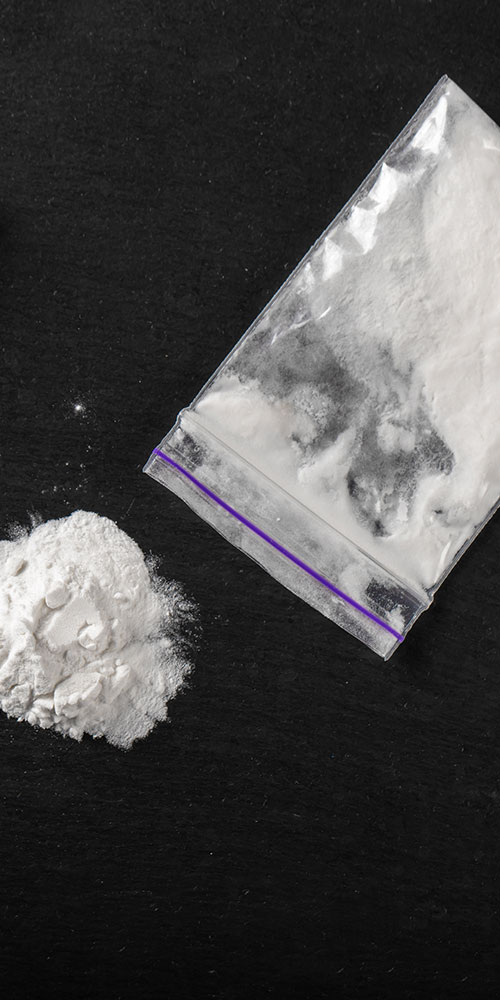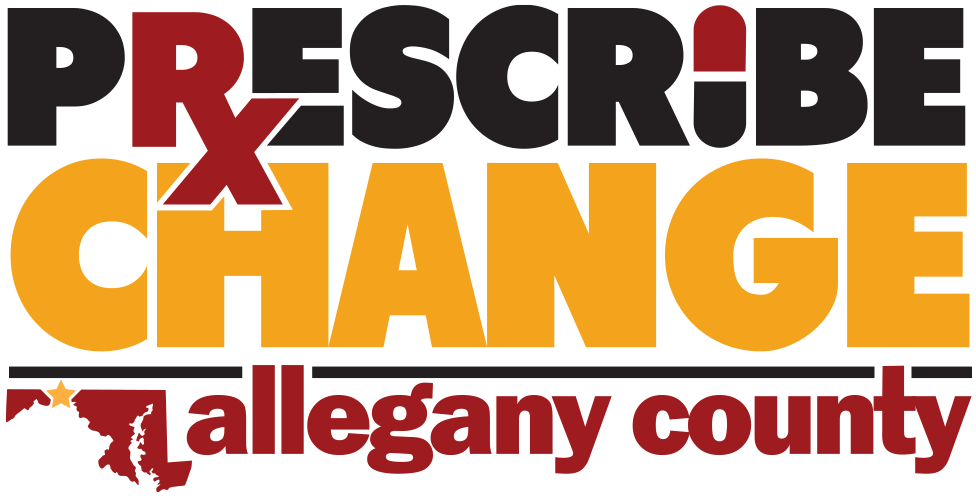Suspect Addiction or Substance Use? Get Help Now!
COCAINE
In 2021, approximately 24,486 people died from an overdose death involving cocaine.
WHAT IS COCAINE? Cocaine is a powerfully addictive stimulant drug made from the leaves of the coca plant native to South America. Although health care providers can use it for valid medical purposes, such as local anesthesia for some surgeries, cocaine is an illegal drug. As a street drug, cocaine looks like a fine, white, crystal powder. Street dealers often mix it with things like cornstarch, talcum powder, or flour to increase profits. They may also mix it with other drugs such as the stimulant amphetamine or the synthetic opioid fentanyl.
ORIGINS
Cocaine is a powerfully addictive stimulant drug made from the leaves of the coca plant native to South America. Although healthcare providers can use it for valid medical purposes, such as local anesthesia for some surgeries, recreational cocaine use is illegal. As a street drug, cocaine looks like a fine, white, crystal powder. Street dealers often mix it with things like cornstarch, talcum powder, or flour to increase profits. They may also mix it with other drugs such as the stimulant amphetamine, or synthetic opioids, including fentanyl. Adding synthetic opioids to cocaine is especially risky when people using cocaine don’t realize it contains this dangerous additive. Increasing numbers of overdose deaths among cocaine users might be related to this tampered cocaine.
HOW DOES COCAINE AFFECT THE BRAIN?
Cocaine increases levels of the natural chemical messenger dopamine in brain circuits related to the control of movement and reward.
Normally, dopamine recycles back into the cell that released it, shutting off the signal between nerve cells. However, cocaine prevents dopamine from being recycled, causing large amounts to build up in the space between two nerve cells, stopping their normal communication. This flood of dopamine in the brain’s reward circuit strongly reinforces drug-taking behaviors. With continued drug use, the reward circuit may adapt, becoming less sensitive to the drug. As a result, people take stronger and more frequent doses in an attempt to feel the same high, and to obtain relief from withdrawal.
Short-term health effects of cocaine include:
- extreme happiness and energy
- mental alertness
- hypersensitivity to sight, sound, and touch
- irritability
- paranoia—extreme and unreasonable distrust of others
Some people find that cocaine helps them perform simple physical and mental tasks more quickly, although others experience the opposite effect. Large amounts of cocaine can lead to bizarre, unpredictable, and violent behavior.
Cocaine’s effects appear almost immediately and disappear within a few minutes to an hour. How long the effects last and how intense they are depend on the method of use. Injecting or smoking cocaine produces a quicker and stronger but shorter-lasting high than snorting. The high from snorting cocaine may last 15 to 30 minutes. The high from smoking may last 5 to 10 minutes.
HOW IS IT ABUSED?
People snort cocaine powder through the nose, or they rub it into their gums. Others dissolve the powder and inject it into the
bloodstream. Some people inject a combination of cocaine and heroin, called a Speedball.
Another popular method of use is to smoke cocaine that has been processed to make a rock crystal (also called “freebase cocaine”). The crystal is heated to produce vapors that are inhaled into the lungs.This form of cocaine is called Crack, which refers to the crackling sound of the rock as it’s heated. Some people also smoke Crack by sprinkling it on marijuana or tobacco, and smoke it like a cigarette.
People who use cocaine often take it in binges—taking the drug
repeatedly within a short time, at increasingly higher doses—to maintain their high.
CAN A PERSON OVERDOSE ON COCAINE
Yes, a person can overdose on cocaine. An overdose occurs when a person uses enough of a drug to produce serious adverse effects, life-threatening symptoms, or death. An overdose can be intentional or unintentional.
Death from overdose can occur on the first use of cocaine or unexpectedly thereafter. Many people who use cocaine also drink alcohol at the same time, which is particularly risky and can lead to overdose. Others mix cocaine with heroin, another dangerous—and deadly—combination.
Some of the most frequent and severe health consequences of overdose are irregular heart rhythm, heart attacks, seizures, and strokes. Other symptoms of cocaine overdose include difficulty breathing, high blood pressure, high body temperature, hallucinations, and extreme agitation or anxiety.
There is no specific medication that can reverse a cocaine overdose. Management involves supportive care and depends on the symptoms present. For instance, because cocaine overdose often leads to a heart attack, stroke, or seizure, first responders and emergency room doctors try to treat the overdose by treating these conditions, with the intent of:
- restoring blood flow to the heart (heart attack)
- restoring oxygen-rich blood supply to the affected part of the brain (stroke)
- stopping the seizure
_____________________________
LEARN MORE

- Cocaine is a powerfully addictive stimulant drug made from the leaves of the coca plant native to South America.
- Street dealers often mix it with things like cornstarch, talcum powder, or flour to increase profits.
- They may also mix it with other drugs such as the stimulant amphetamine or the synthetic opioid fentanyl.
- People snort cocaine powder through the nose or rub it into their gums. Others dissolve the powder and inject it into the bloodstream, or inject a combination of cocaine and heroin, called a Speedball. Another popular method of use is to smoke Crack cocaine.
- Cocaine increases levels of the natural chemical messenger dopamine in brain circuits related to the control of movement and reward.
- A person can overdose on cocaine, which can lead to death.
- Behavioral therapy may be used to treat cocaine addiction.
- While there are no FDA-approved medications for the treatment of cocaine use disorder, NIDA supports a robust medication development pipeline in this area.
